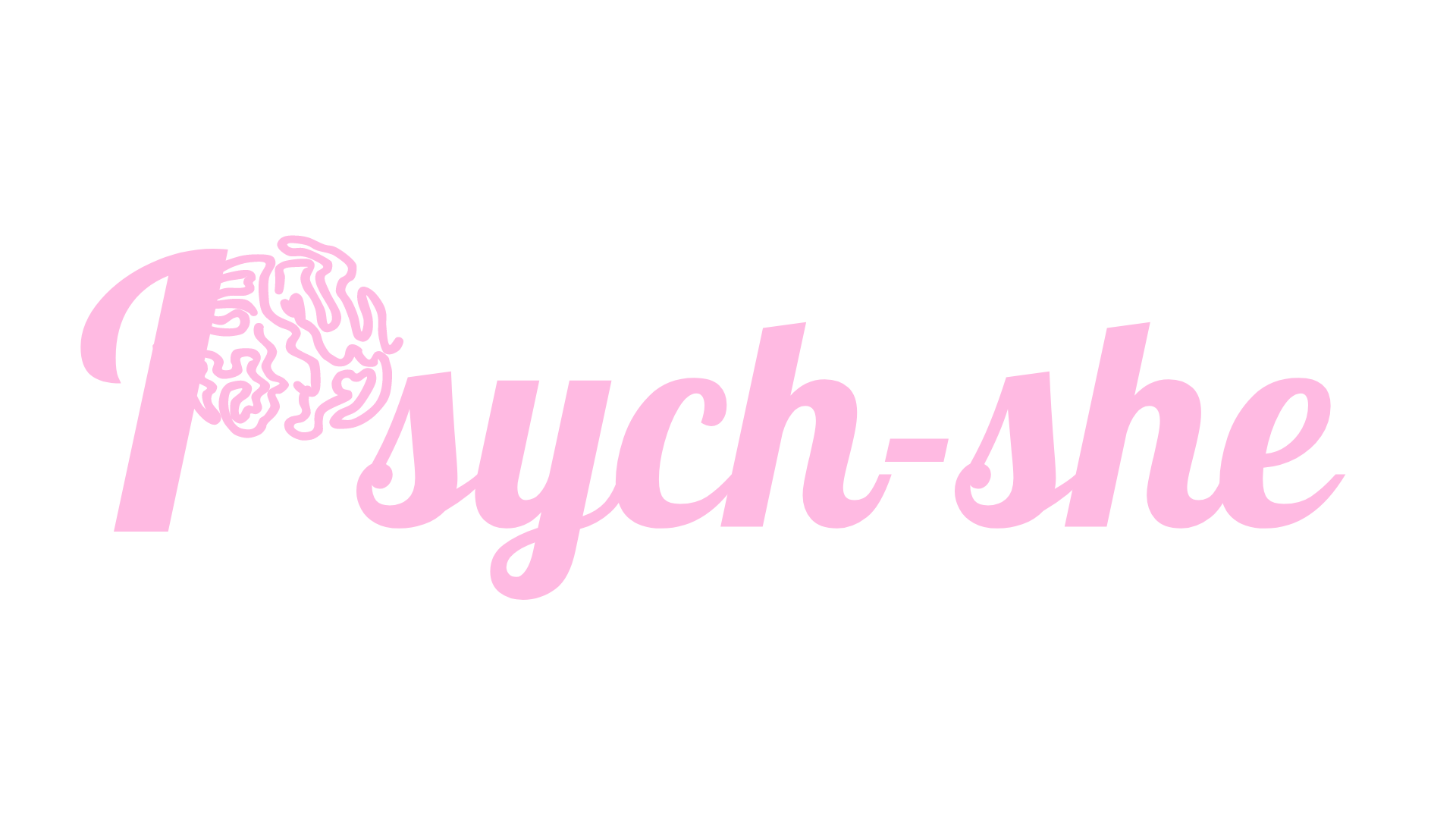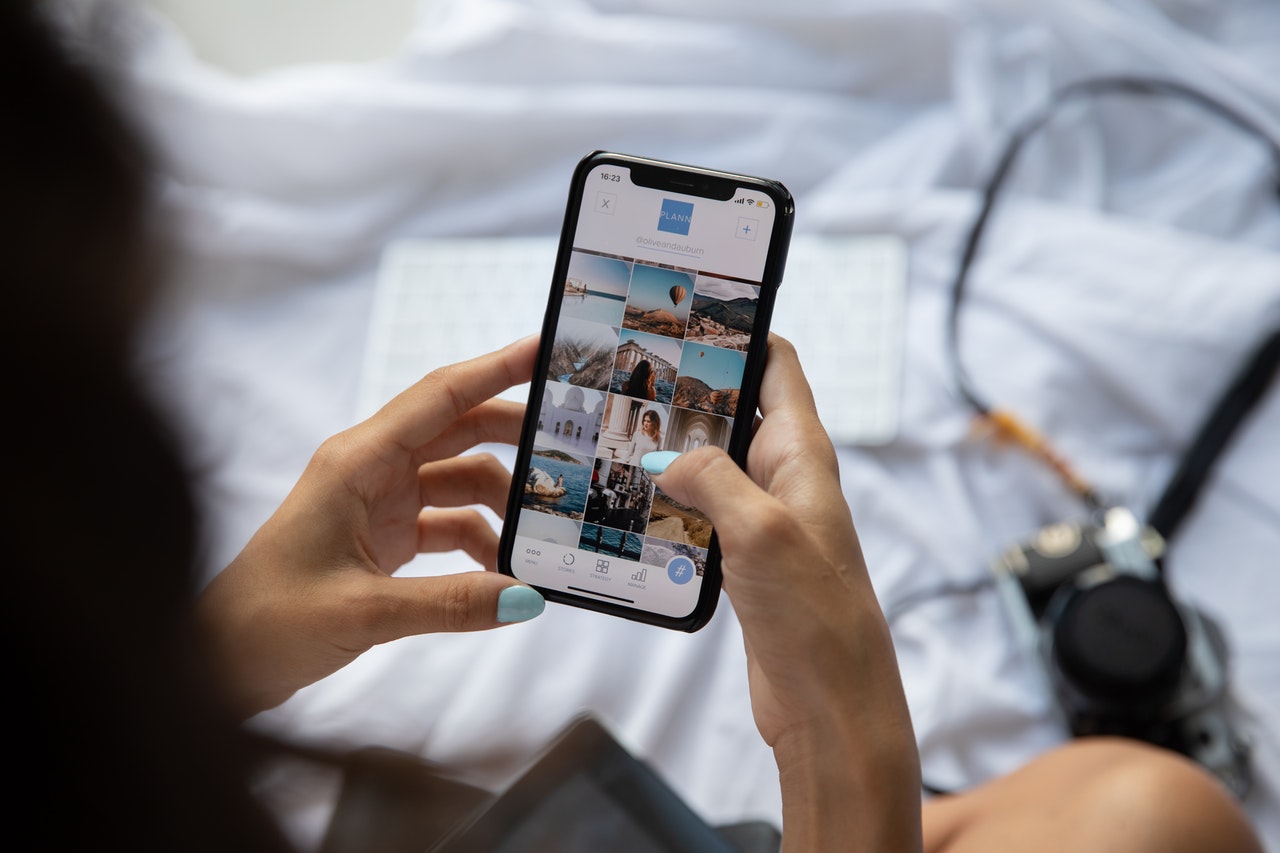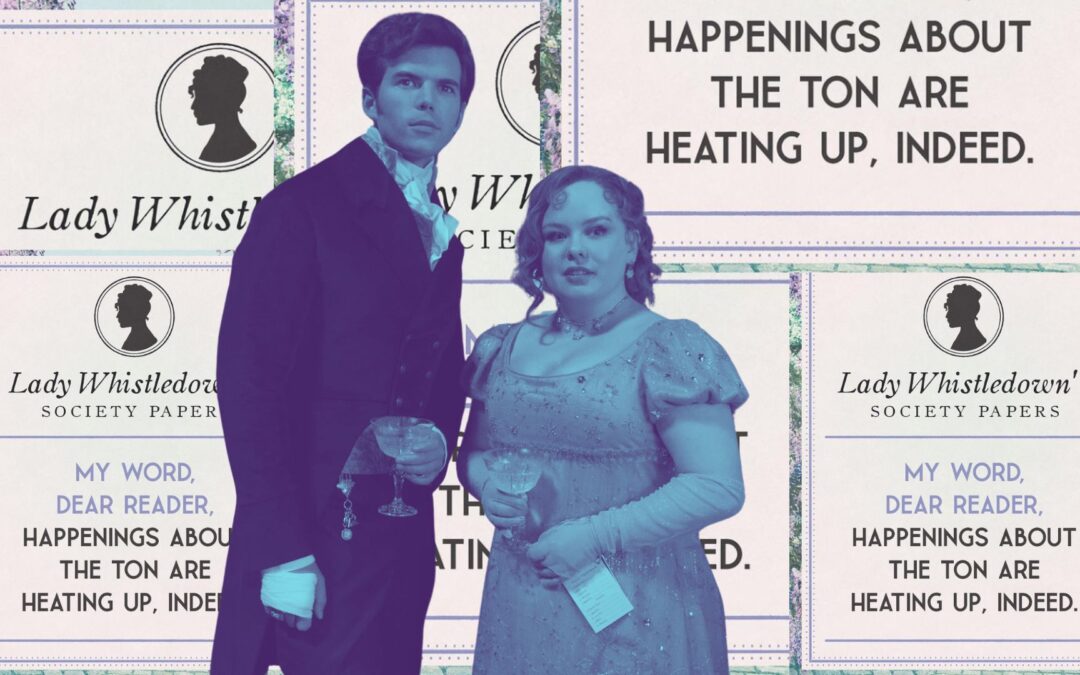We’re all guilty of it. Whenever life presents us with something beautiful, the first thing we think is “Where’s my phone!” Our six-inch screens are now the incentive for living our lives and looking good, but why are we so hungry for the validation that social media gives?
Whether you’re uncomfortably stretching your arm above a crowd or you’re awkwardly posed in the mirror to contort your figure, capturing and sharing the moment online has taken over experiencing it.
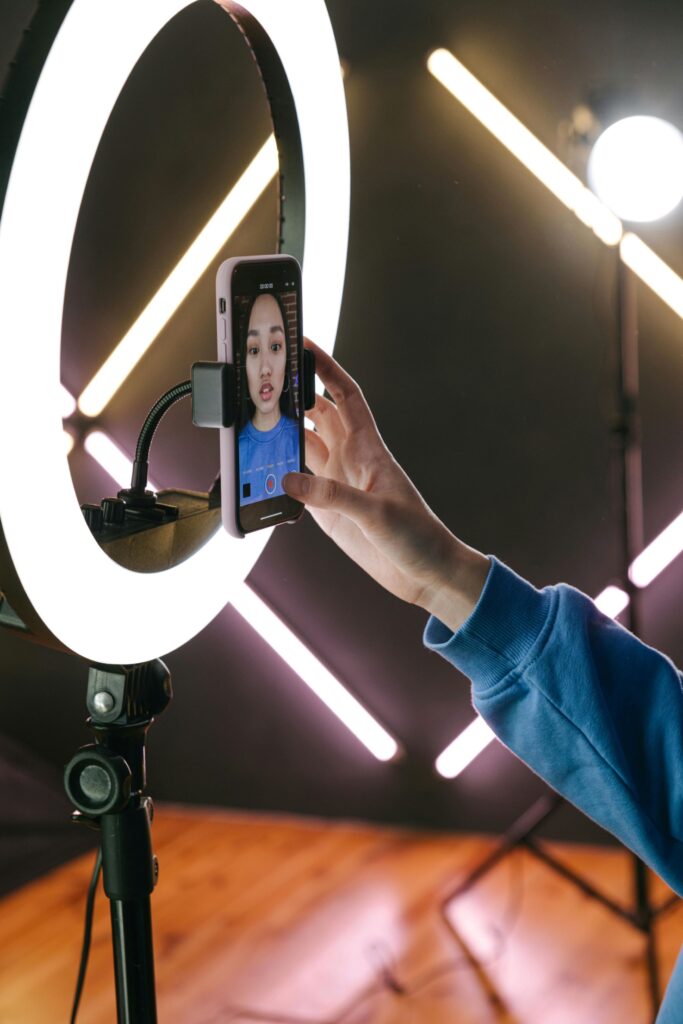
When I was younger, I would meticulously time when I posted on Instagram and instantly delete the picture if it wasn’t getting enough likes. The post in mention was usually me posed with the dog filter or another form of selfie I’d highly filtered and edited. My feed was flooded with vanity and comments from friends telling me I was the most beautiful girl in the world. Whenever I venture into my Instagram archive now, I instantly cringe but during that time I relished in the constant flurry of compliments.
Although the awkward selfie phase has surpassed me, I have found myself in a new obligation to share all the fun and enjoyable moments of my life. Whether this be passing my driving test, celebrating a birthday or going abroad, my first instinct is to take a picture and share it. I’m sure this is the case for a lot of others too. Social media has become a competition and boasting ground for who is living their best life and whether we realise it or not, we’re suffering for it.
Life is not always going to be glamorous and action packed, so feeling pressure to keep up with the content we produce and consume can be exhausting. Scrolling on our phones and only seeing people dine at fancy restaurants or secure a new job can be extremely detrimental to our mental health and cause feelings of guilt around living a regular life.
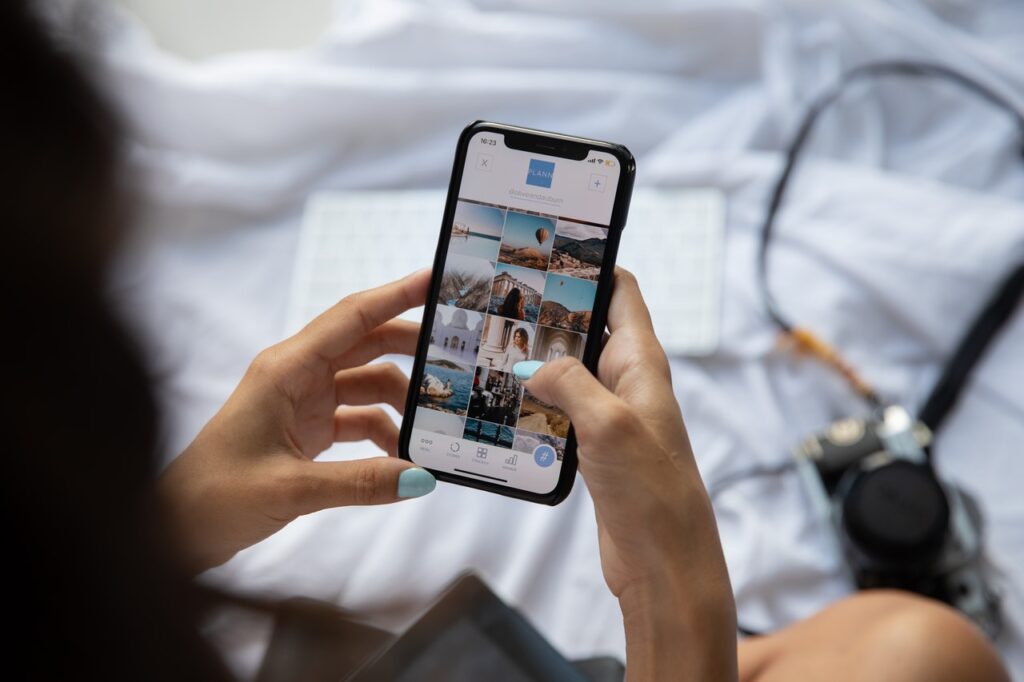
Clinical psychologist, Rachel Hanson, explained that using social media can lead to comparison and FOMO (Fear of Missing Out). “Having constant exposure to curated, idealized versions of others’ lives can lead to feelings of inadequacy. It can amplify feelings of missing out on experiences and lead to feelings of anxiety and dissatisfaction with your own life.”
So why have we created this pretentious space that doesn’t represent our reality? Rachel emphasised that our main goal with social media is to receive validation. “We crave acceptance from others and the online world gives us a platform to seek approval from anyone, anywhere, at any time. It allows us to get instant gratification, through likes, comments and reactions, which can help us feel better about ourselves.
“We are given a space that can boost our self-esteem and it allows us to create an ideal version of who we are, without everyone seeing the bad things too. It’s incredibly deceiving and so addictive.”
Just like my younger self, I still get an uneasy feeling when a post hasn’t performed well. Do I look too ugly? Can you hear my awful singing in the background? Do people think I’m being cringe? I have thankfully mastered avoiding the urge to delete it, but the doubts are still there. Rachel explained that relying on external factors as a measure of self-worth puts us in a difficult place. “Craving validation from social media can undermine our intrinsic confidence and lead to feelings of worthlessness. This dependency makes us completely reliant on social media to feel good and although it feels like an opportunity to connect with others, it can ultimately cause us to feel unfulfilled.”
But don’t fret, there is hope in escaping the parading nature of the internet and finding a more positive balance. Rachel recommends limiting your usage and being mindful of what you consume, which includes unfollowing accounts that trigger negative emotions and comparisons. “Create a positive and supportive space that aligns with your values and goals, as well as finding activities you enjoy outside of the internet. Having periods without your phone can be very helpful to become less reliant.”
In terms of seeking validation, Rachel recommends practicing self-awareness and compassion to build a stronger sense of self-worth. “Remind yourself of everything you’re doing well and have to offer, rather than focussing on what you don’t have and comparing with others. You can also gain self-esteem from real life interactions and achievements.
“If you’re struggling to break free from the cycle, consider speaking to friends, family or a therapist to gain support. Remember that changing habits takes time and effort, so be patient, celebrate the small wins and keep moving towards your goals.”
So girls, let’s make mindful social media use our goal for 2024. It’s clear it doesn’t always support the healthiest mindset, and although fanaticising over other’s lives and how we present our own can be addictive and idealistic, none of it is REAL. Seriously, why do we want to feel in competition with gorgeous models on a beach in Dubai? Let’s leave the serious positing to the people who get paid for it and start enjoying our life in the real world.
Expert insight: Rachel Hanson
Rachel is a clinical psychologist from Dublin, Ireland. She specialises in cognitive behavioural therapy and works both independently and as part of the NHS.
